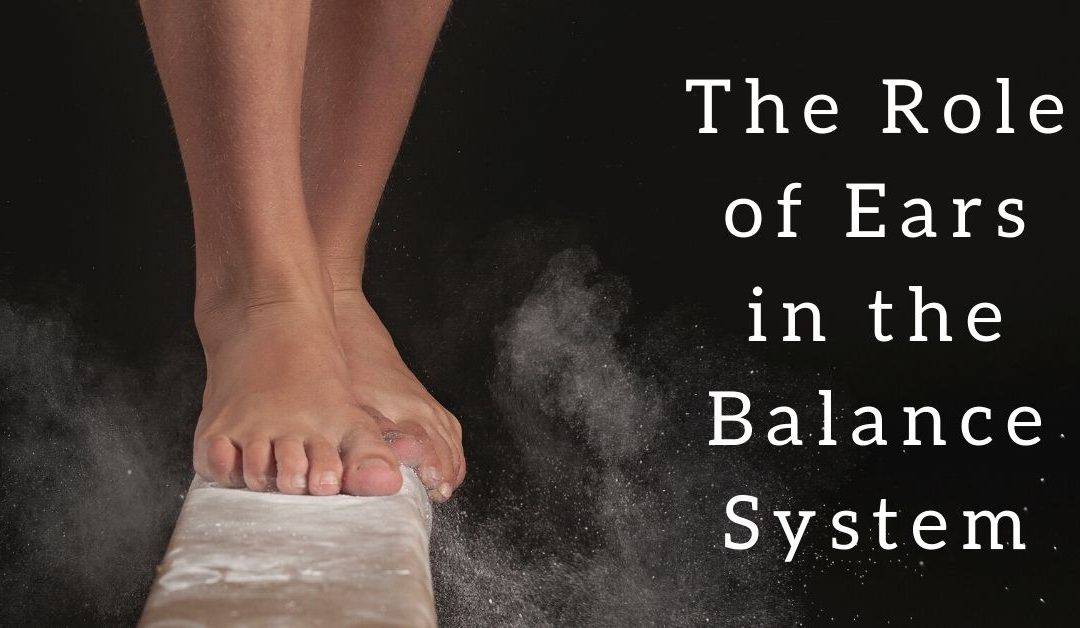Many people will stand up and walk through this world without much thought to it. But to do this, your brain needs to get input from the body’s many complex systems that work side by side to keep you in balance. You might be surprised by exactly how the body maintains its equilibrium, and what happens when these systems don’t function properly.
How we balance
How does a person with no equilibrium disorder keep a sense of balance? This process relies on teamwork between the sensory organs and the brain.
Three central systems must transmit sensory information to the brain, which is used to maintain balance.
- The skin, joints, and muscles
- The eyes
- The ears
Let’s take first the skin, the joints, and the muscles. All body parts are connected with these organs, using the nerves to collect overall knowledge about many things, ranging from temperature, heat, and humidity to elevation changes. The brain gathers information from the body about the world, and then sends signals back to the body to tell them how to move and react.
A crucial piece of the balancing puzzle is the eyes. When scanning the horizon, the eyes observe interplays between the various parts of the body and the earth’s gravitational force.
Finally, the ears aren’t just important for hearing; they assist in the balance as well.
The ears also contain a vital mechanism for alerting the brain to pressure and position changes: the vestibular system. This network of fluid chambers and tiny hair-like cells is located alongside the cochlea in the inner ear, which supports hearing.
Many structures in the inner ear, called the vestibular system together, send signals to the brain, helping you to align yourself and keep your balance. Two parts of the inner ear called the utricle and the saccule track the head’s angular motions (from side to side and up and down), and sense gravity, too. Certain structures that shape loops, which contain fluid, track the head’s rotation.
Hearing Loss and Balance
Since the ear plays a significant role in balance, loss of hearing may impair equilibrium, and those with hearing loss are often less stable on their feet.
The ear is a complex organ, and the vestibular system could also be damaged if you experience damage that causes hearing loss, affecting your balance and coordination as well. Most issues with the balance arise from conditions affecting the inner ear. For example, if calcium crystals end up in the wrong position inside the inner ear, it can make the vestibular system tell the brain that your head is moving when it is, in fact still, causing you to feel dizzy.
Living with chronic hearing loss makes you less mobile, and those with hearing loss frequently stay home and don’t visit much of the house or neighborhood. This further limits mobility, and may result in social isolation, tension, and even depression.
If you have hearing loss, you will also have a higher chance of experiencing walks, slips, and falls. Those with hearing loss are treated more often than their counterparts in the hearing, with more doctor visits per year and higher health care costs.
Treating hearing loss can recover balance
Most scientists now believe that the use of hearing aids will significantly improve issues with the balance.
A study was conducted by the Washington University School of Medicine in St. Louis, which found that older people who use hearing aids benefit from balance changes, thus reducing their risk of falling. This study showed that it is exposure to sound, not just the inner ear balance system, that adds meaning to help with postural balance.
Standard balance tests were used in the study to measure the equilibrium in participants while they were wearing hearing aids, and while they weren’t. The study concluded that sound information coming through their hearing aids tended to be used by the participants as sensory reference points or landmarks to help maintain equilibrium.
How hearing aids benefit balance
Hearing aids can improve equilibrium by allowing you to hear many more sounds in the environment. The brain can get a better spatial vision and understand auditory signals. Compared to visual information, which can only be gleaned in front of you, sounds enter you from all directions, and your sense of hearing is crucial to your understanding of your surroundings.
Hearing explicitly allows the surroundings to be better understood, and you are less likely to be taken by surprise by something or someone around you. This awareness also improves your balance, and those with hearing aids have far fewer trips, slips drops, and accidents compared to those with untreated hearing loss.

